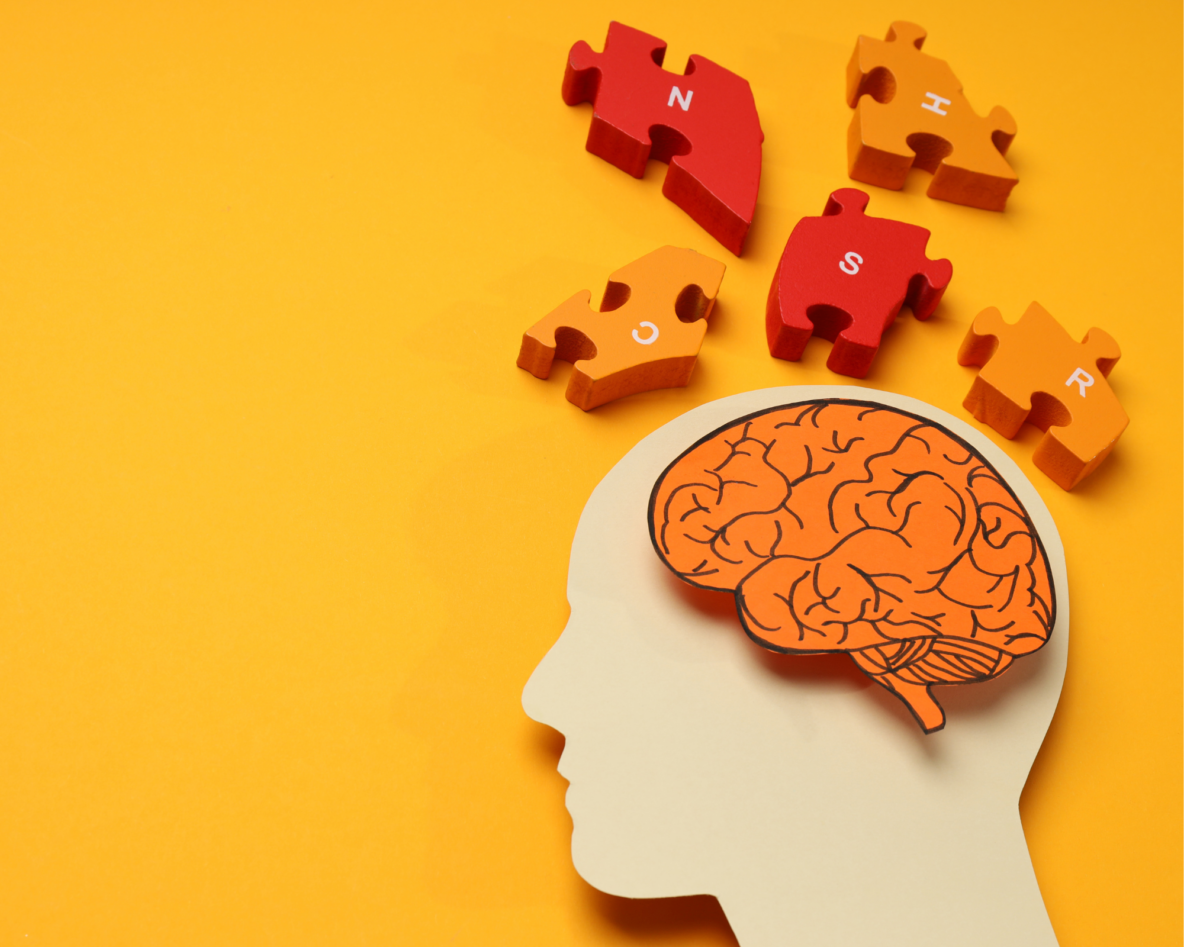Complex Trauma
In the realm of mental health, “trauma” often serves as an umbrella descriptor for a distressing experience or event, ranging from what some counselors refer to as “little t” traumas to “big T” traumas. However, it’s crucial to recognize that not all traumas are the same. Complex Trauma, also known as Complex Post-Traumatic Stress Disorder (CPTSD), is typically the result of enduring conditions rather than one specific event or situation. Drawing from the work of various experts in the field, this article aims to provide a look at what complex trauma is, its symptomatic manifestations, and how therapy can help.
What is Complex Trauma?
Complex trauma is distinguished by its chronic and prolonged nature, often occurring within specific contexts and relationships. According to Dr. Janina Fisher, complex trauma frequently arises in “environments where there is an absence of a viable escape route” (Fisher, 2017). This could manifest in various settings, such as dysfunctional families, abusive relationships, or oppressive systems.
In a similar vein, Dr. Judith Herman, another leading expert, describes complex trauma as a form of psychological distress that results from long-term exposure to traumatic events, often within relationships where there is an expectation of care or protection (Herman, 1992). The key takeaway here is that complex trauma is not just about the traumatic events themselves but also about the context in which they occur.
Orlando counseling services
Choosing the right therapist is a crucial step, and I understand it can be an overwhelming process. You can explore my website to get a sense of the work I do and how I might be able to help. I also encourage you to contact me for a free 30 minute phone consultation, which will help you assess if we are a good fit and allow me to better understand your therapy goals and needs.
I offer video appointments and can work with clients anywhere in Florida. My practice is centered in metro Orlando and I also specialize in Anxiety treatment Orlando.”
Differentiating Complex Trauma from PTSD
While Post-Traumatic Stress Disorder (PTSD) is generally associated with a single or a few traumatic events, CPTSD is characterized by extended exposure to traumatic circumstances. Dr. Fisher emphasizes that the “cumulative impact of these experiences often leads to more severe symptoms and complications” (Fisher, 2017). Dr. Christine Courtois also adds that CPTSD often involves “layered traumas,” which can make the healing process more intricate (Courtois, 2004).

Mindfulness
Symptoms of Complex Trauma
When it comes to complex trauma, the symptoms can be both overt and subtle, affecting multiple dimensions of an individual’s life. The complexity of these symptoms often makes it challenging for those experiencing them to recognize their root cause.
- Emotional Dysregulation
- As Dr. Fisher points out, emotional dysregulation is a hallmark of complex trauma. This involves intense mood swings, irritability, and difficulty in managing emotions. Emotional dysregulation can make everyday interactions challenging and can significantly impact relationships. It’s not just about “having a bad day”; it’s a persistent struggle that can make emotional stability feel elusive.
- Dissociation
- Dissociation can also be another feature of complex trauma. This coping mechanism involves a disconnection from the present moment, one’s body, or even one’s identity. While mild forms of dissociation, like daydreaming, are common, more severe forms like Dissociative Identity Disorder (DID) can occur in cases of complex trauma.
- Impaired Self-Perception
-
- Individuals with complex trauma often grapple with self-worth, leading to a distorted self-image. This can manifest as chronic feelings of shame, guilt, or even self-loathing. Dr. Christine Courtois elaborates that this impaired self-perception can extend to a sense of hopelessness and a pervasive feeling that one is “damaged” or “worthless” (Courtois, 2004).
- Chronic Anxiety and Hyper-Vigilance
- Dr. Bessel van der Kolk adds that a “chronic sense of internal chaos” can manifest as persistent anxiety and hyper-vigilance (van der Kolk, 2014). This means always being on high alert, even in situations that don’t warrant such a heightened state of awareness. This constant state of alertness can be exhausting and can contribute to other health issues.
- Somatic Symptoms
- Complex trauma doesn’t just affect the mind; it also manifests physically. Symptoms can range from chronic pain to gastrointestinal issues. Dr. van der Kolk emphasizes that the body keeps the score, meaning that unresolved trauma can lead to physical ailments (van der Kolk, 2014).
- Relationship Difficulties
- Complex trauma often leads to difficulties in forming and maintaining relationships. Trust issues, fear of abandonment, and difficulties with intimacy are common. Dr. Judith Herman notes that these relationship struggles often stem from a disrupted attachment system, which makes secure relationships challenging to sustain (Herman, 1992).
- Cognitive Impairments
- Less commonly recognized but equally impactful are cognitive impairments. These can include difficulties with focus, memory lapses, and even disorganized thinking. Dr. Fisher suggests that these cognitive aspects are often overlooked but are crucial for a comprehensive understanding of complex trauma’s impact (Fisher, 2017).
- Substance Abuse and Risky Behaviors
- As a coping mechanism, some individuals may resort to substance abuse or engage in risky behaviors. While these actions may provide temporary relief, they often exacerbate the underlying issues, creating a vicious cycle.
Recognizing these symptoms is the first step toward seeking help and initiating the healing process. If you or someone you know is experiencing these symptoms, it’s essential to consult with a qualified mental health professional for diagnosis and treatment options.
Therapeutic Approaches to Complex Trauma
Therapy for complex trauma often requires an integrated approach involving both cognitive and somatic interventions. Cognitive Behavioral Therapy (CBT), Acceptance and Commitment Therapy (ACT), and Dialectical Behavior Therapy (DBT) are evidence-based approaches I use to treat emotional and cognitive symptoms. Internal Family Systems (IFS) is also evidence based and highly regarded in the treatment of trauma. Sensorimotor work along with mindfulness skills help to increase body awareness and decease the presence of negative symptoms.
The Consequences of Unaddressed Complex Trauma
Leaving complex trauma unaddressed can have severe repercussions, affecting various aspects of life—from relationships and career to physical health. Unresolved trauma can lead to chronic mental health conditions like depression and anxiety disorders, and can also manifest as physical ailments due to the body’s stress response being in a constant state of activation.
Understanding complex trauma is the first step toward healing and recovery. With the guidance of qualified therapists and the support of loved ones, it is possible to navigate the complexities of CPTSD and embark on a journey toward a more fulfilling life.
References
Fisher, J. (2017). Healing the Fragmented Selves of Trauma Survivors.
Herman, J. (1992). Trauma and Recovery.
Courtois, C. A. (2004). Complex Trauma, Complex Reactions: Assessment and Treatment.
van der Kolk, B. (2014). The Body Keeps the Score: Brain, Mind, and Body in the Healing of Trauma.

